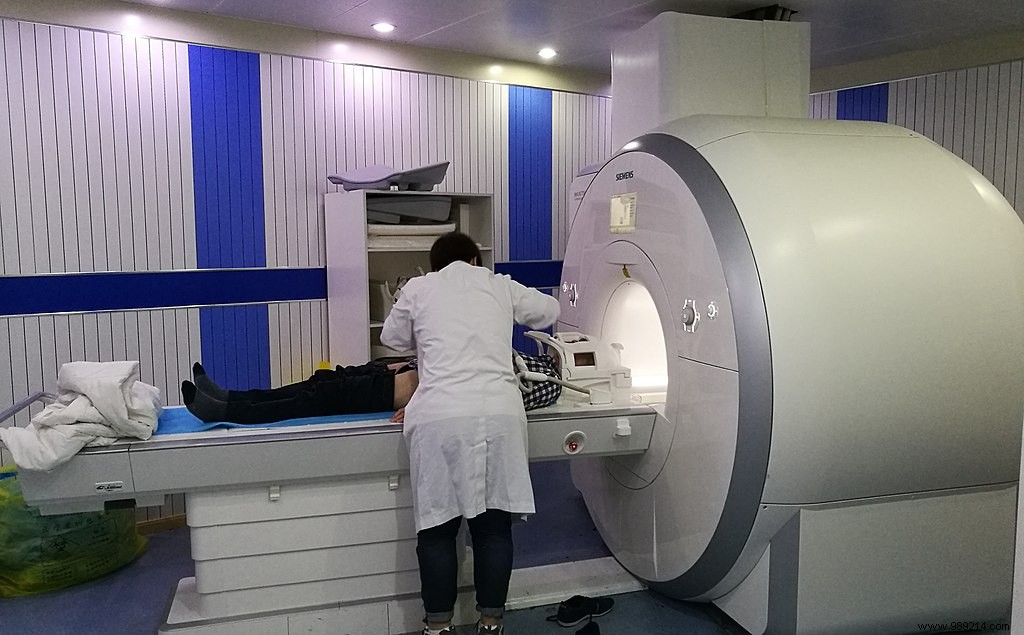Research carried out in France has concluded that if physical activity is beneficial for health, excess can however have perverse effects. Thus, too much sport could negatively impact brain capacity and more particularly cognitive functions.
Mathias Pessiglione is research director at Inserm, at the Brain and Spinal Cord Institute at the Pitié-Salpêtrière Hospital AP-HP. As explained in a press release published on September 26, 2019, his team's research has demonstrated the perverse effects excessive physical training. The study was conducted in collaboration with the National Institute of Sports Expertise and Performance (INSEP).
It is useful to remember that the study is not aimed at sports practice in itself, which is always considered essential for good health. On the other hand, it is a question here of excessive intensive sport . According to the press release, the starting hypothesis was as follows:
“The main hypothesis was clear:the fatigue resulting from overtraining in sport would resemble that caused by intellectual effort. It would be associated with the same cerebral mechanisms. Another study had already shown that intellectual fatigue affects cognitive control and leads to impulsive decision-making"

The idea was applied with the mobilization for 9 weeks of 37 triathlon practitioners divided into two groups. The members of the first group underwent a training considered normal at the high level and those of the second, a training overload. In other words, it was about sessions on average 40% longer in the last weeks experience. Then, all participants were followed at the behavioral level and were subjected to functional MRIs.
According to the results, there are similarities between too intensive sports training and excessive intellectual work ! The researchers indicate that excessive sport causes a reduction in the activity of the lateral prefrontal cortex, a region essential in cognitive control. This has a name:the overtraining syndrome . However, the athlete concerned will experience a drop in performance and feel an intense feeling of fatigue.
In the best of cases, the consequences are stopping in the middle of sports performance or even abandoning a race to stop the pain. However, the leaders of the study believe that this can lead to burn-out , that is to say a complete exhaustion of the person, as sometimes happens in professional circles. Finally, it is logically top athletes who are exposed to this kind of problem.
Related Articles: